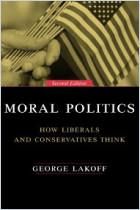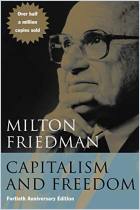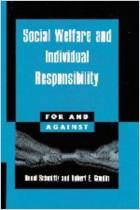Join getAbstract to access the summary!

Join getAbstract to access the summary!
George Lakoff
Moral Politics
What Conservatives Know That Liberals Don't
University of Chicago Press, 1997
What's inside?
Conservatives and liberals hew to different moral frameworks.
Recommendation
In this substantial study, liberal linguist George Lakoff delves into schools of thought that mold political debate everywhere, but particularly in the United States. He cites the old-fashioned “strict father” school, which focuses on order, discipline, morality and punishment, as the ethos that shapes conservative ideology. He identifies the newer “nurturant parent” theory, which stresses mutual respect, encouragement and equality, as the bedrock of liberal thinking. Lakoff explains how these theories underpin a variety of political positions. Small-government conservatives espouse bigger prisons, more police and a larger military because they see the world as inherently evil. Liberals who give the benefit of the doubt to the poor are suspicious of CEOs because wealth offends their sense of egalitarianism. This update of Lakoff’s 1996 book came out in 2016, just before the rise of Donald Trump and Bernie Sanders and the defeat of Hillary Clinton. So, some examples are dated: Newt Gingrich faded from power nearly two decades ago. But, to his credit, Lakoff spells out a political theory that holds no matter which party is in power or who is the latest political star. He acknowledges he’s a liberal and clearly sides with the “nurturant parent” point of view, but he doesn’t shortchange the “strict father” school.
Summary
About the Author
Linguist and cognitive scientist George Lakoff teaches at the University of California at Berkeley. His political books include The Political Mind, Don’t Think of an Elephant and Thinking Points.


















Comment on this summary